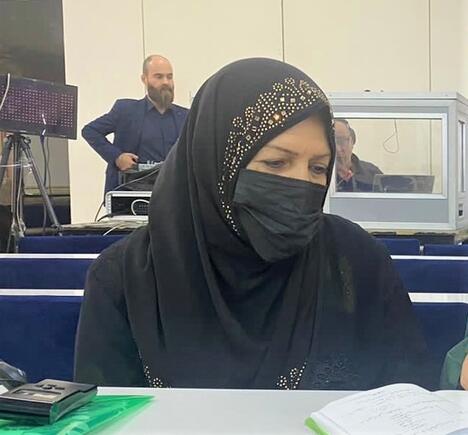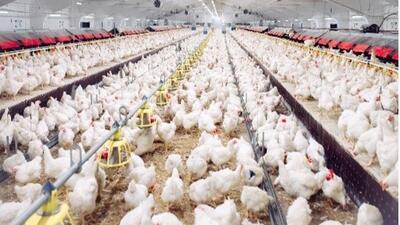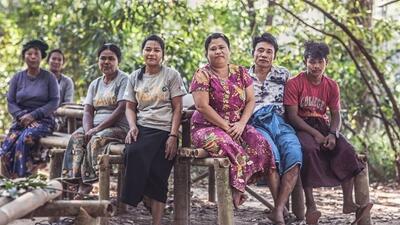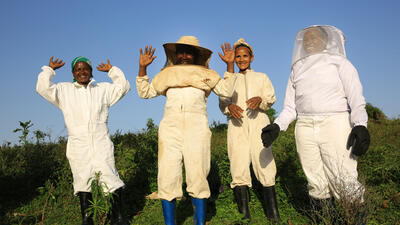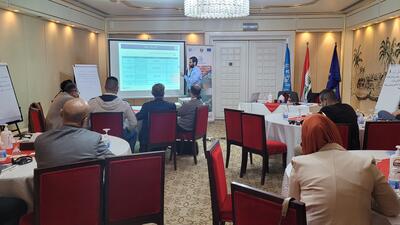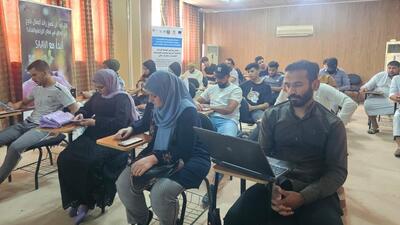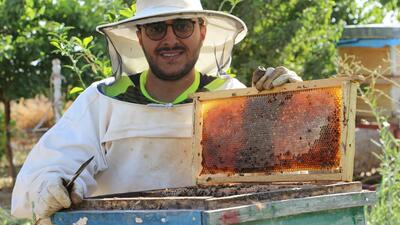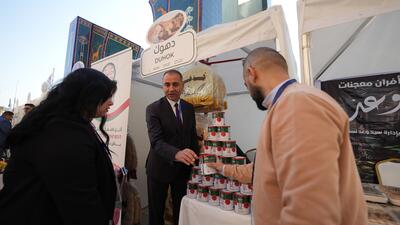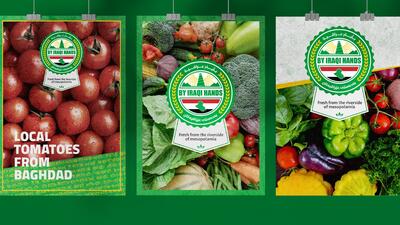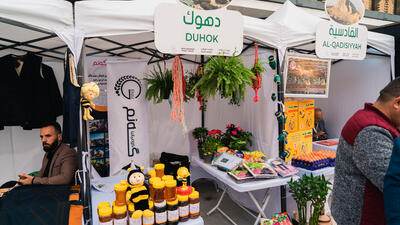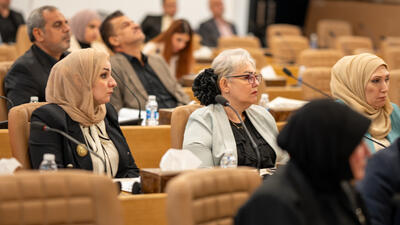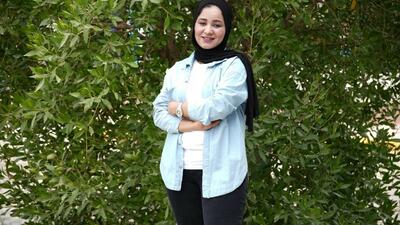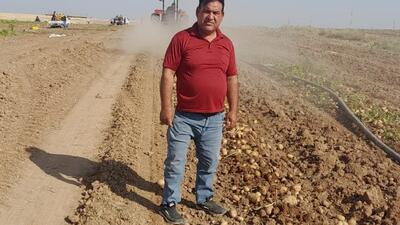
New agri-business alliances to benefit farmers in Iraq
“Although it is true that I cannot read and write, yet we are highly talented in agriculture. My family has been cultivating fruits and vegetables for ages.”
Ms. Hayat (Um Laith) is proud of her heritage as an Iraqi farmer.
She lost her husband to armed conflict and is now bringing up their 6 children all by herself, relying on income from vegetable farming with potato as the main crop.
Being a woman, she has limited opportunities and lacks awareness to interact with buyers in the market. She relies on male members of the extended family and at times even on neighbours to sell her produce in the local market.
After participating in a workshop held in Mosul recently, she is inspired with new ideas of doing business. She sees an opportunity to be able to make market decisions herself, becoming in charge of shaping her business.
“Participating in this workshop gave me an opportunity to meet with potato buyers along with other potato farmers, and experts,” exclaims Um Laith.
Iraqi farmers and agri-businesses need advanced training and technical support including a profitable business model, lasting business connections with trusted buyers, and a vibrant supporting business eco-system.
12 market awareness workshops have already been organized throughout the country linking poultry, tomato or potato producers with reputable buyers. The workshops are followed by the creation of Agri-business alliances, allowing producers to understand market requirements, upgrade their business model to seize these remunerative market opportunities by drafting business plans, and establish long-term business deals with other members of the value chain.
The first Agri-business Alliance was formed in Al Qubaa (Mosul). It has connected 35 potato producers with Beirut Erbil for Potato Products (BEPP), a large potato chips factory in Iraq willing to buy their production at a higher price.
Farmers and SMEs joining the alliances gain market access – through direct and meaningful connection with buyers and support for developing their own local business plans. They will also be able to identify their immediate needs for technical support and investment in coordination with buyers. Training on resource-intensive agriculture, post-harvest practices, quality improvement, food safety based on buyer requirements will also help them run competitive and profitable businesses.
Um Laith is one of 3,000 farmers and SMEs, who will be brought together in similar agri-business alliances through the European Union (EU) funded “Strengthening the Agriculture and Agri-food Value Chain and Improving trade policy in Iraq” (SAAVI) project, implemented by the International Trade Centre.
The project contributes to inclusive economic growth and job creation, particularly for youth, by improving Iraq’s agriculture competitiveness and supporting trade development.
The project forms part of the overall EU special measure for supporting employment creation and improving economic governance in Iraq. As such, SAAVI is fully aligned with the activities of FAO, IOM, ILO, UNESCO and GIZ in the domain of private sector engagement and agricultural development.




